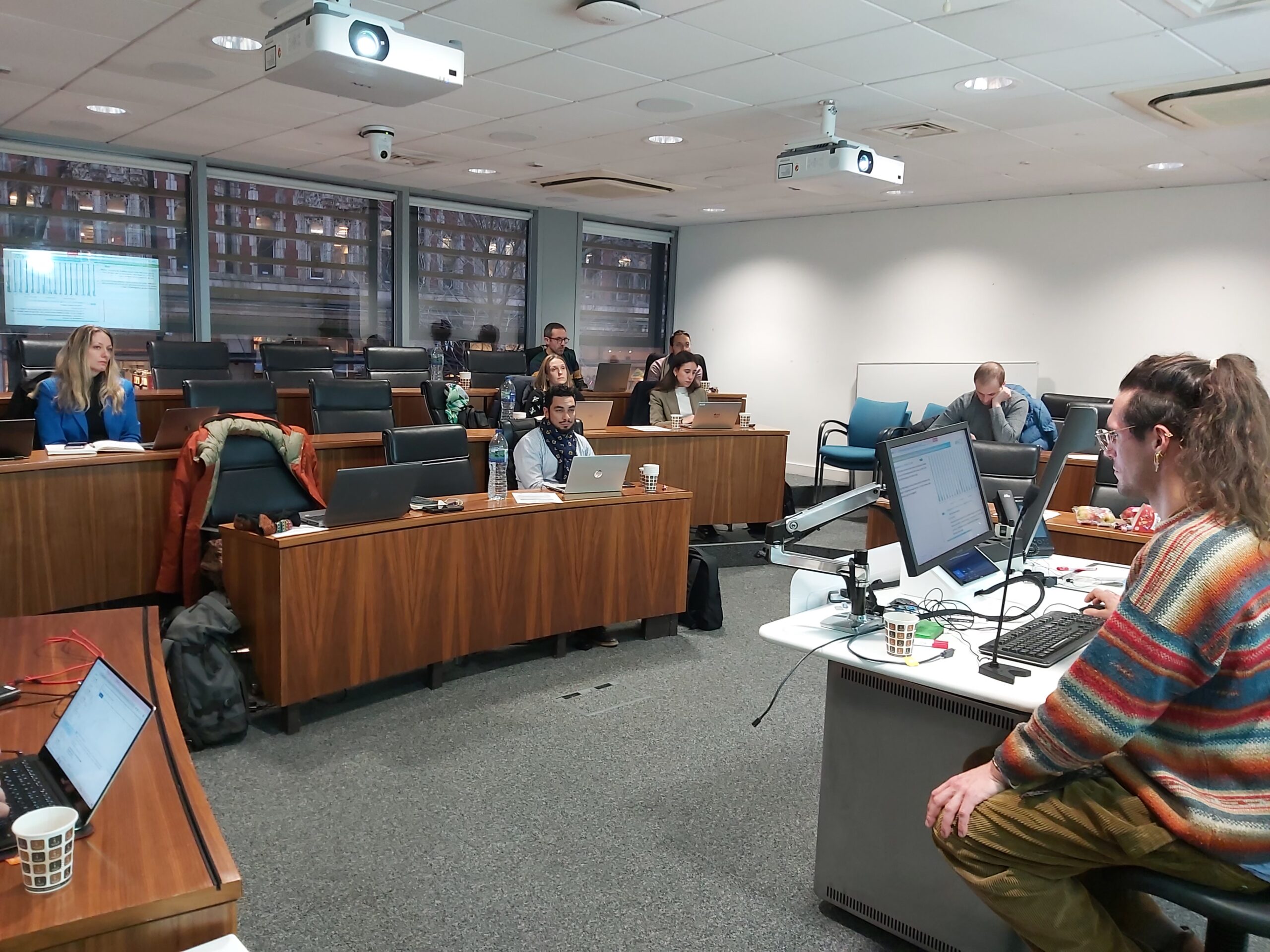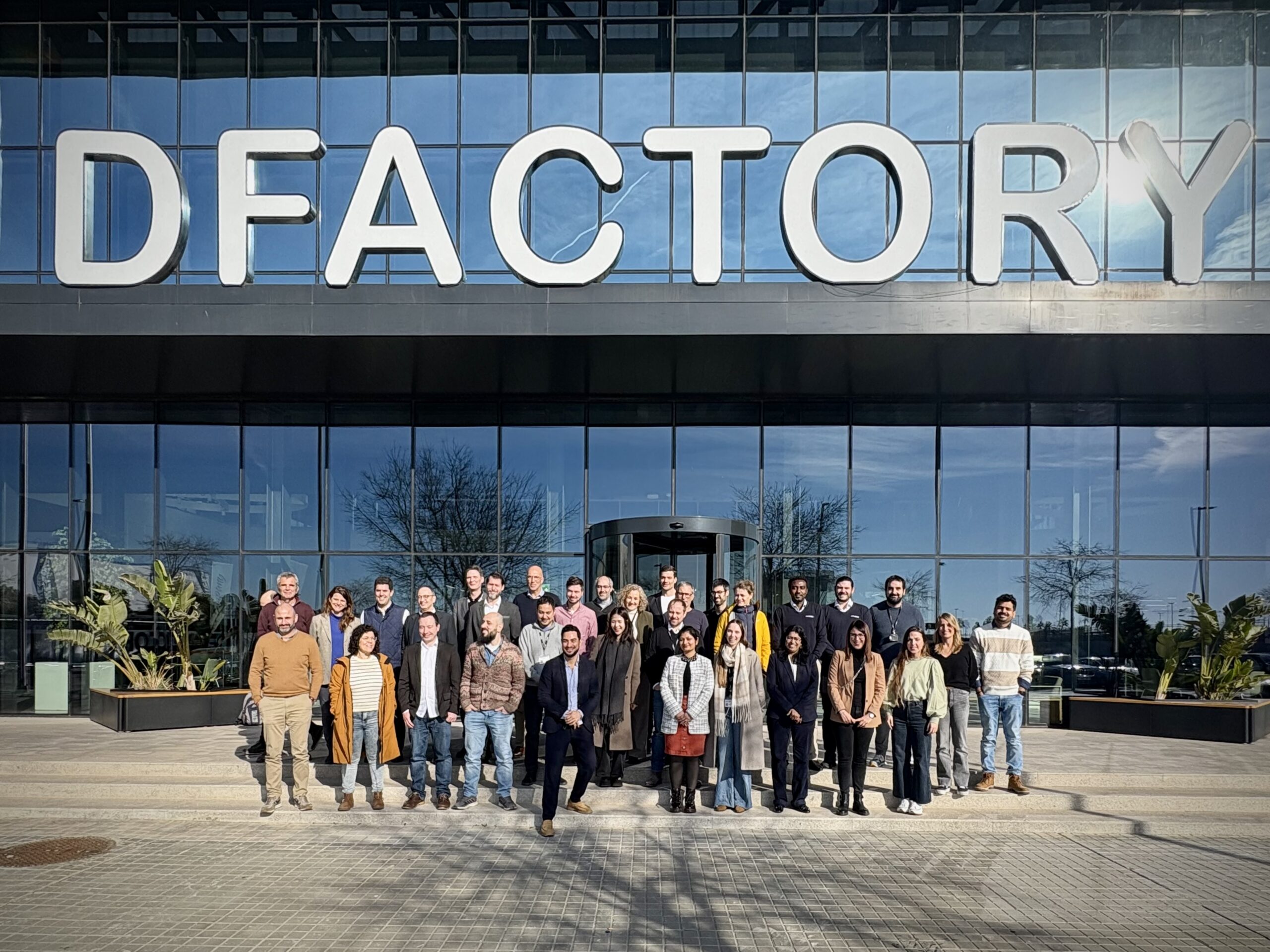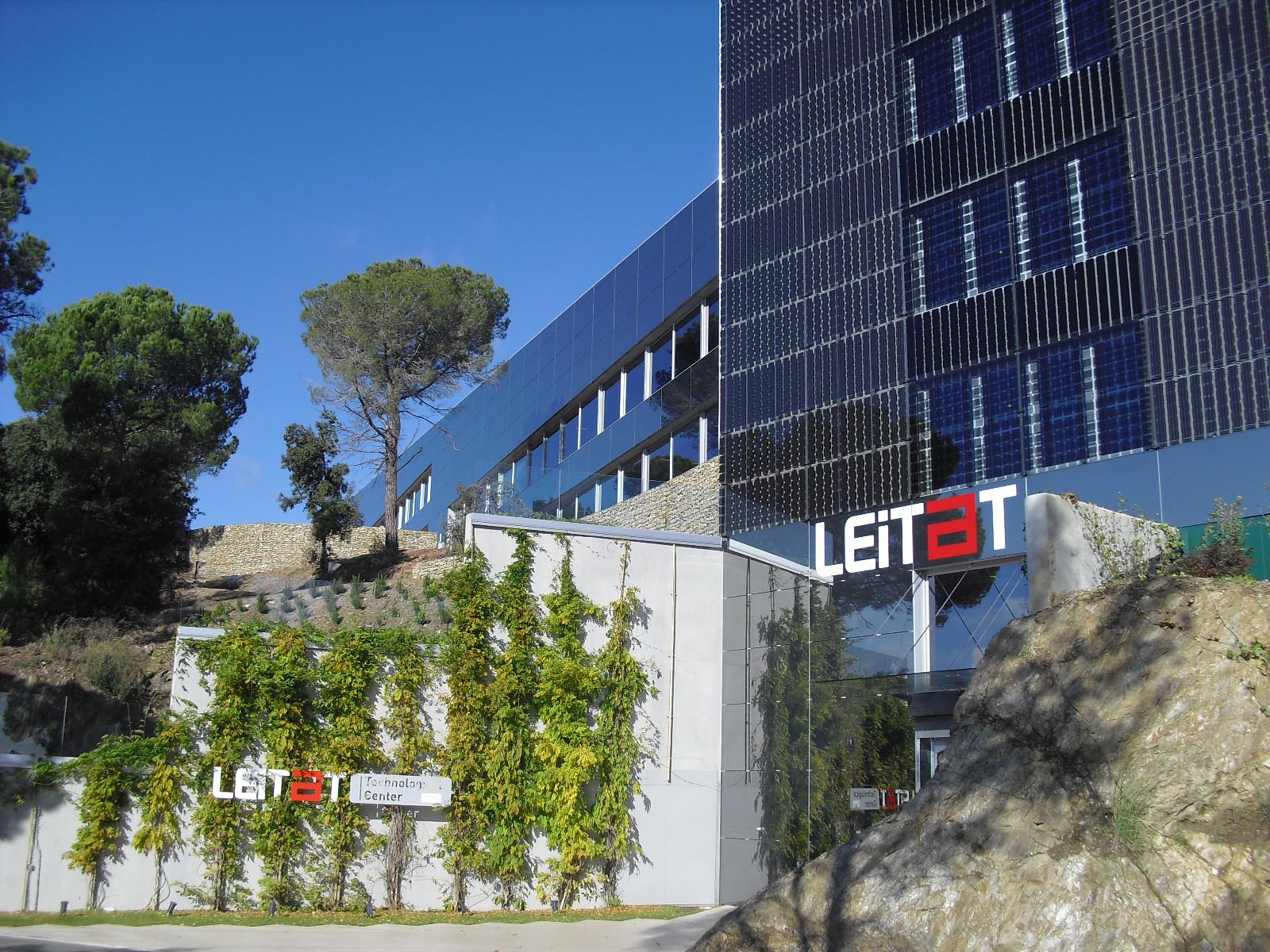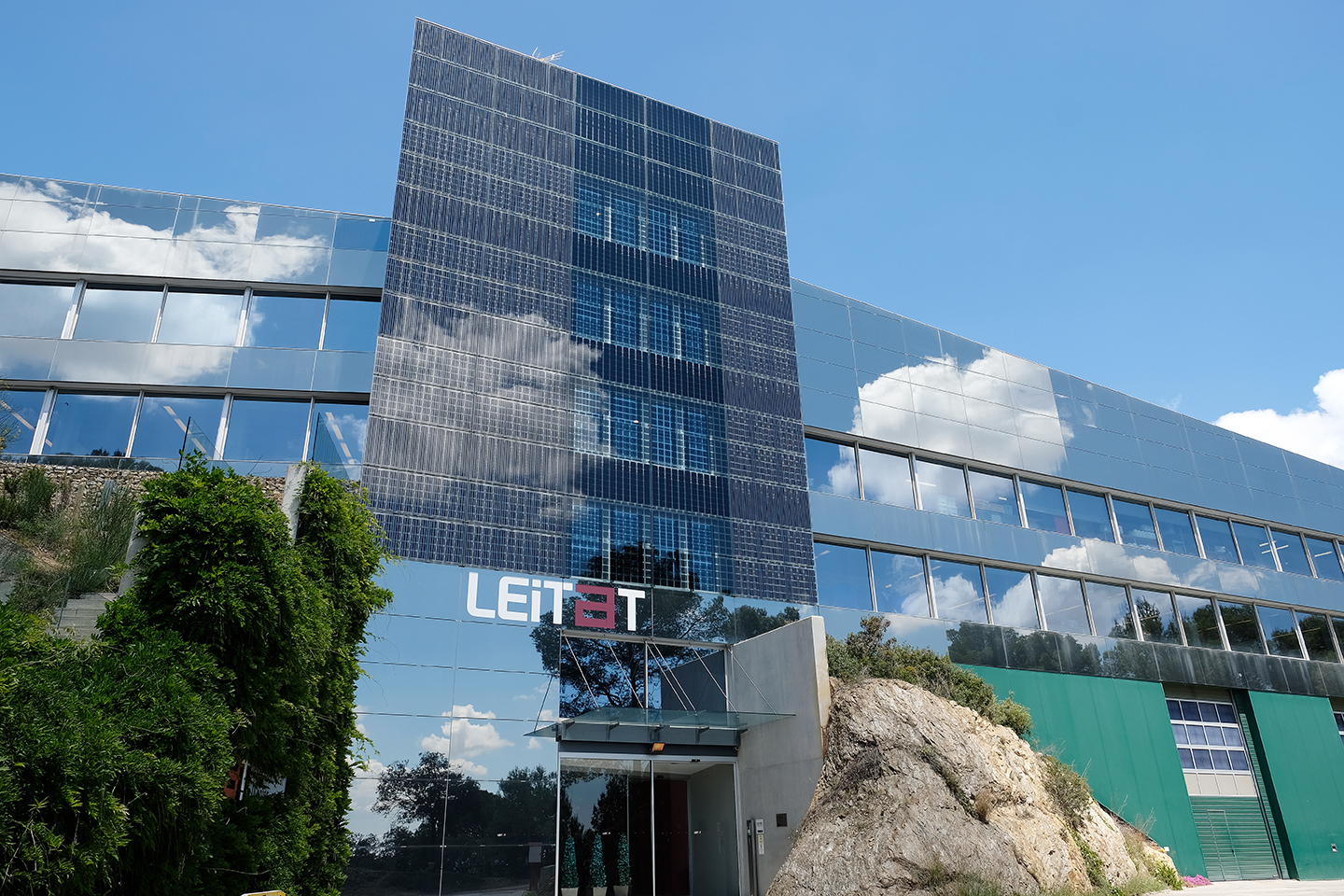A business research consortium in which Leitat participates, launched yesterday a pioneering project for the use of nanocelluloses, a product that is extracted from eucalyptus wood, for the realization of biodegradable materials that can replace the use of plastic and petroleum products in the industry. A total of eight companies and five technology centers participate in this project, which is called Novacell.
The objective of this project is to find renewable materials that are environmentally friendly and can replace plastics through the production of nanocelluloses. The territorial director of Ence, Antonio Casal, explained that it could be used in products such as polyurethane adhesives, textile coatings, and polyurethane foams, composites with high added value, special papers (low grammage and hydrophobic), and encapsulation for active ingredients in cosmetics, food packaging, and membranes for filtration in water treatment.
Novacell is funded by the Center for Technological Development Industry (CDTI), an agency attached to the Ministry of Economy. Novacell is part of the strategic program of national business research consortia to finance R&D plans in vital sectors of the industry. In addition to Ence, the companies Cromogenia, Cetec, Miquel and Costas, Infinitec, ABN, Hidroquimia, and Coopbox have joined this project. The research centers include Cetim (A Coruña), Leitat (Barcelona), Itene (Valencia), the University of Valladolid, and CTAG (Pontevedra).
Investment of 5.5 million
The development of the Novacell project will involve a direct and induced investment of around five and a half million euros. The estimated job creation amounts to 91 highly specialized jobs, both direct and indirect, and will be mainly linked to Pontevedra due to the incorporation of qualified technical and scientific personnel. Ence will develop a pilot plant in Pontevedra, where the manufacturing process of cellulose nanoparticles will be defined and optimized, and it is expected that the industrialized concept will be in place in four years.
This project has received public funds from the Strategic Programme of Consortia of National Business Research (CIEN).





